I thoroughly enjoyed reading The 5 Love Languages by Gary Chapman. It has helped me understand my husband (and myself) in such a helpful way - so I was excited to discover that Mr. Chapman co-authored another book addressing The Five Love Languages of Children. Have you already read it?
For those of you who are unfamiliar with The 5 Love Languages:
After many years of counseling, Dr. Chapman noticed a pattern: everyone he had ever counseled had a “love language,” a primary way of expressing and interpreting love. Of the countless ways we can show love to one another, five key categories, or five love languages, proved to be universal and comprehensive—everyone has a love language, and we all identify primarily with one of the five love languages: Words of Affirmation, Quality Time, Receiving Gifts, Acts of Service, and Physical Touch.
To be their best, children need to feel loved. But if you and your child speak different love languages, your affection might get lost in translation, affecting the child's attitude, behavior, and development. The Five Love Languages of Children gives practical suggestions for learning how your children interpret love and creating a sense of security in which they can thrive. [from The 5 Love Languages Website]
The author suggests that it is hard to identify primary love languages of your child before they are 5, but learning about how express love in all of the languages can be beneficial to any age. Without getting too far into the book I already knew that my daughter's primary love language is "Quality Time".
In the vernacular of Quality Time, nothing says, “I love you,” like full, undivided attention. Being there for this type of person is critical, but really being there—with the TV off, fork and knife down, and all chores and tasks on standby—makes your significant other feel truly special and loved. Distractions, postponed dates, or the failure to listen can be especially hurtful. [from the 5 Love Languages Website]
I have noticed a direct correlation between her moods and the individual attention she is given. I have made an effort to assess if I really "need" to be doing something (putting in the load of wash, sorting through paperwork, watching the previous nights episode of Project Runway), and realize that it is much easier to get to those things after I have spent some "quality time" (and it usually doesn't have to be long) with my daughter.
This is her last year before Kindergarten, and I debated sending her to pre-school or if I should participate in a pre-school co-op (as I have done the past two years) - but decided (especially after discovering her love language and how she needs me to express that to her) that perhaps she would benefit the most from doing a "one-on-one" preschool at home with me. I plan on posting about our adventures/successes/failures and welcome any suggestions you have (especially if you have/have worked with children who speak her "language")!




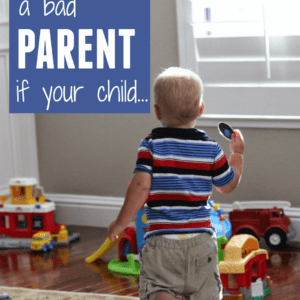
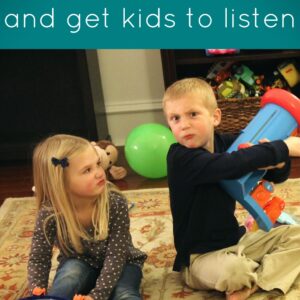
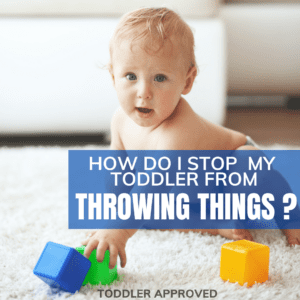
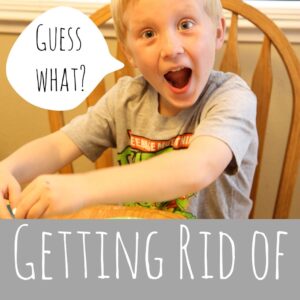
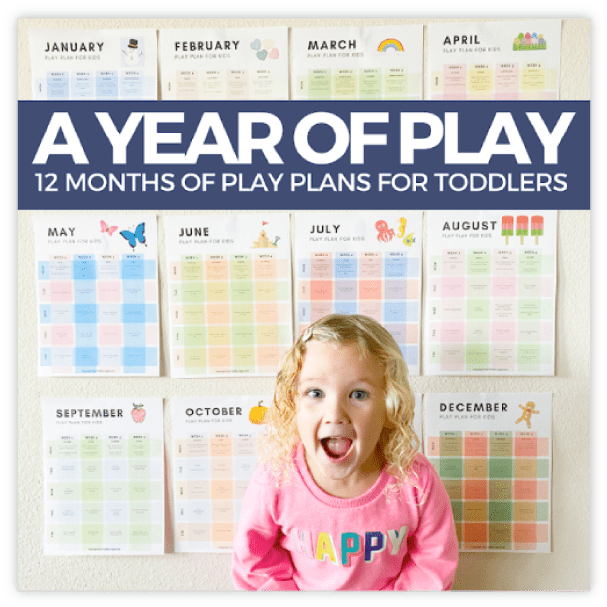

I had heard and pretty much read through the adult book, but had never really though about this from a child's perspective. It's really neat to stop and think about it though. My daughter (4 years) is a gifts girl. We noticed when she was at preschool she would pick up rocks and then bring them home for us as a gift. I definitely believe that we love in a way that we want to be loved. My son (almost 2 years) has always been really cuddly. If I don't take a few minutes from the beginning of our day and sit down and hold him then he is more fussy. He usually sits in my lap for about 30 minutes and then just gets up on his own. It's really sweet. I know he likes quality time too, but that is secondary.
I'm a first time reader by the way and I love all of your ideas!
I have read both the regular version for couples and the kids version, and they are sooooooooo wonderful!